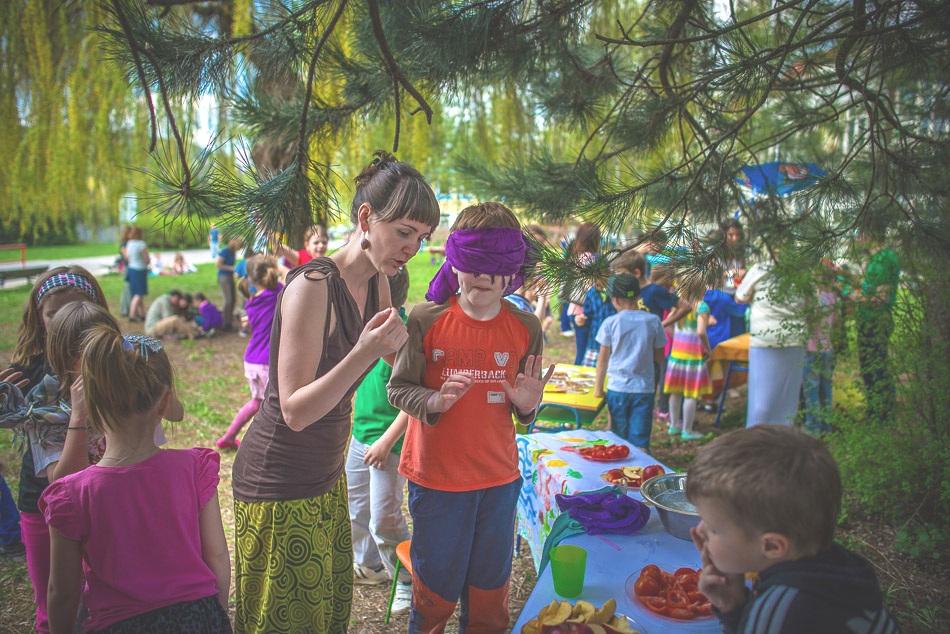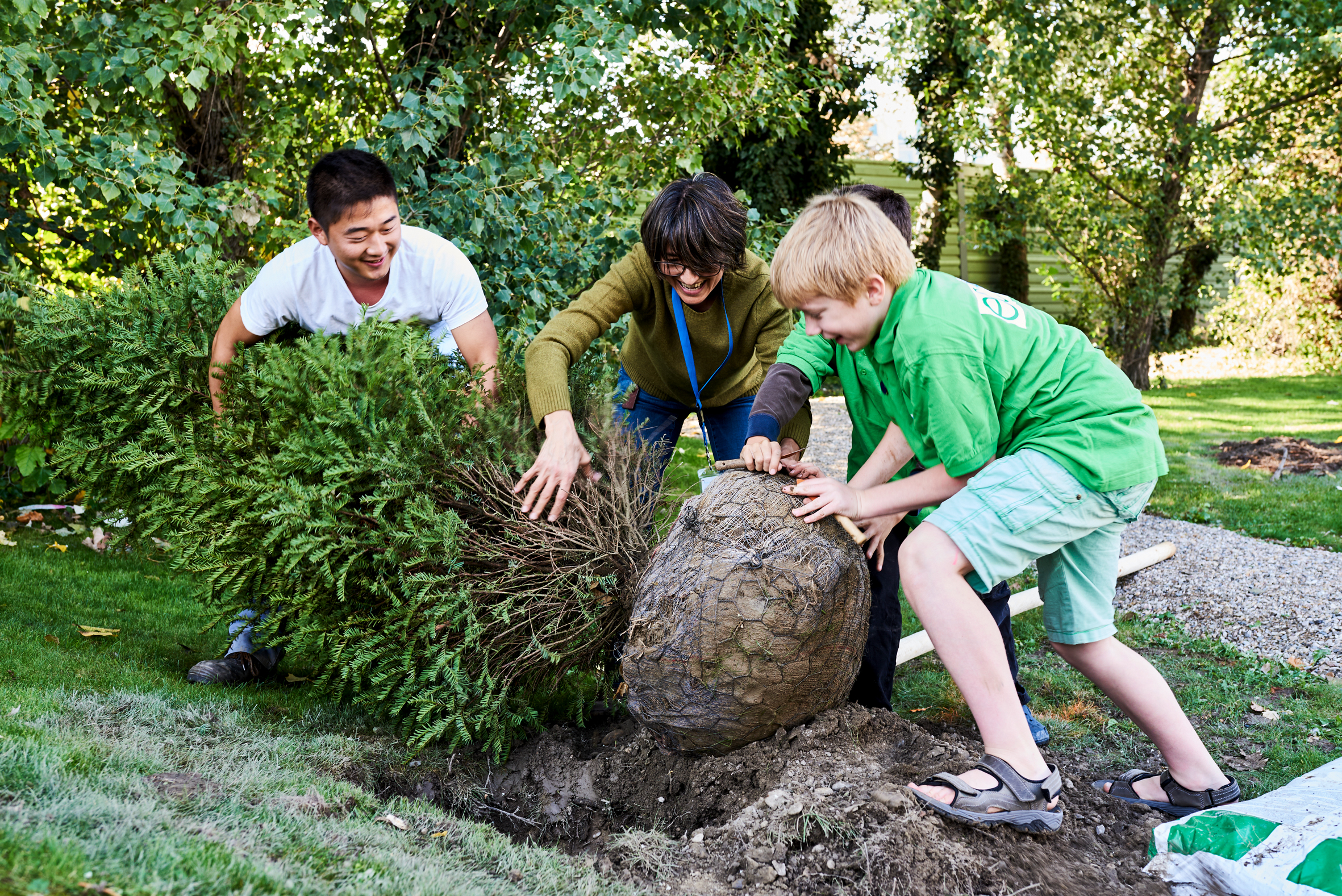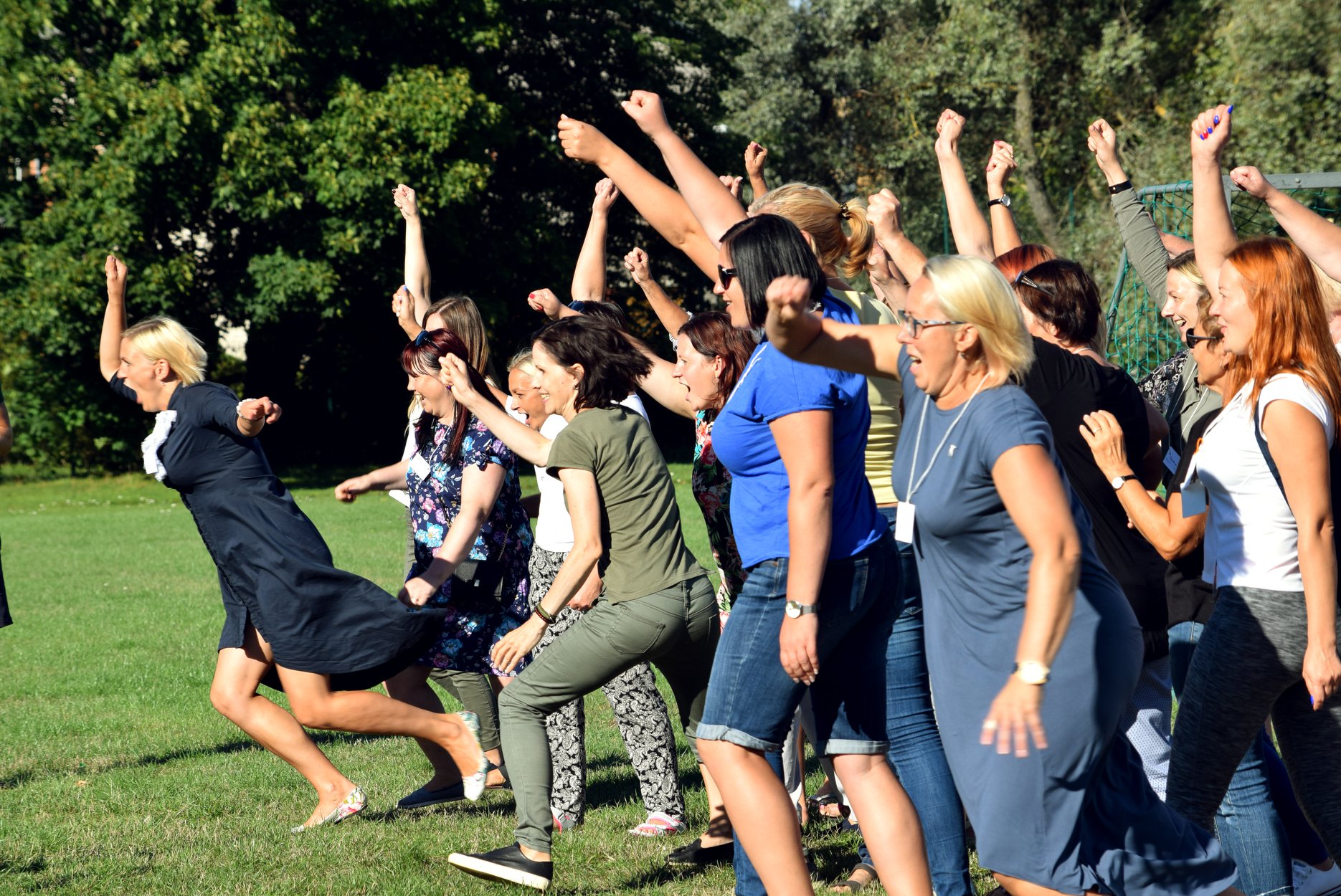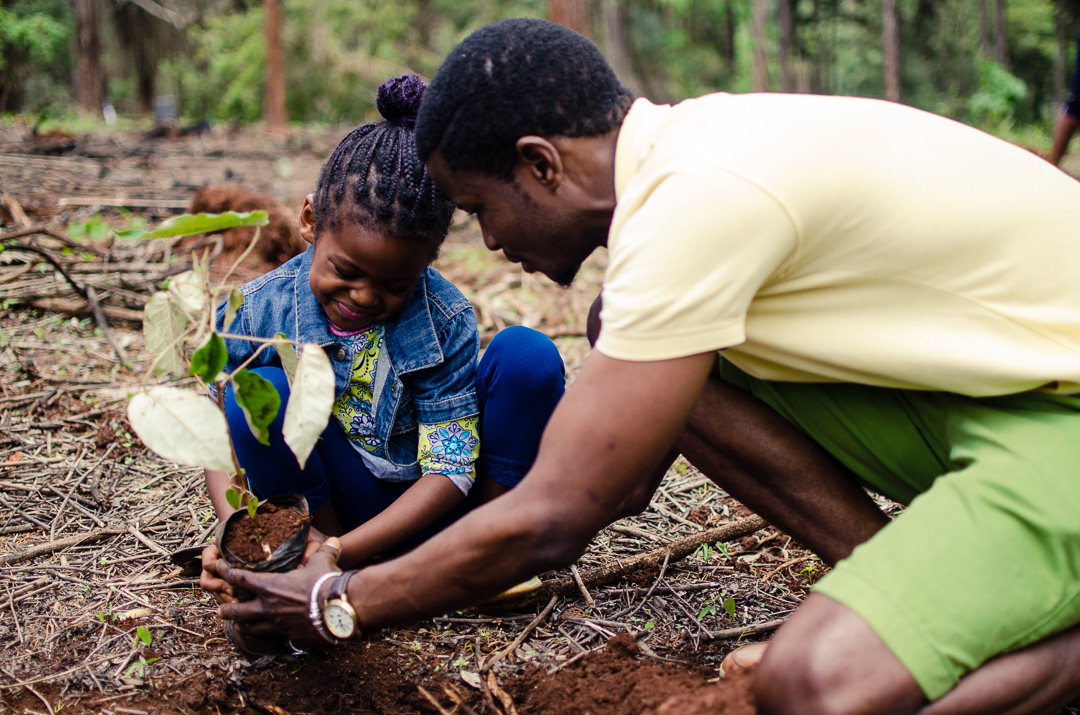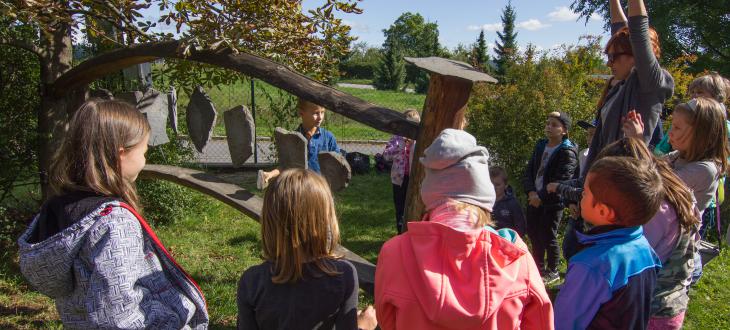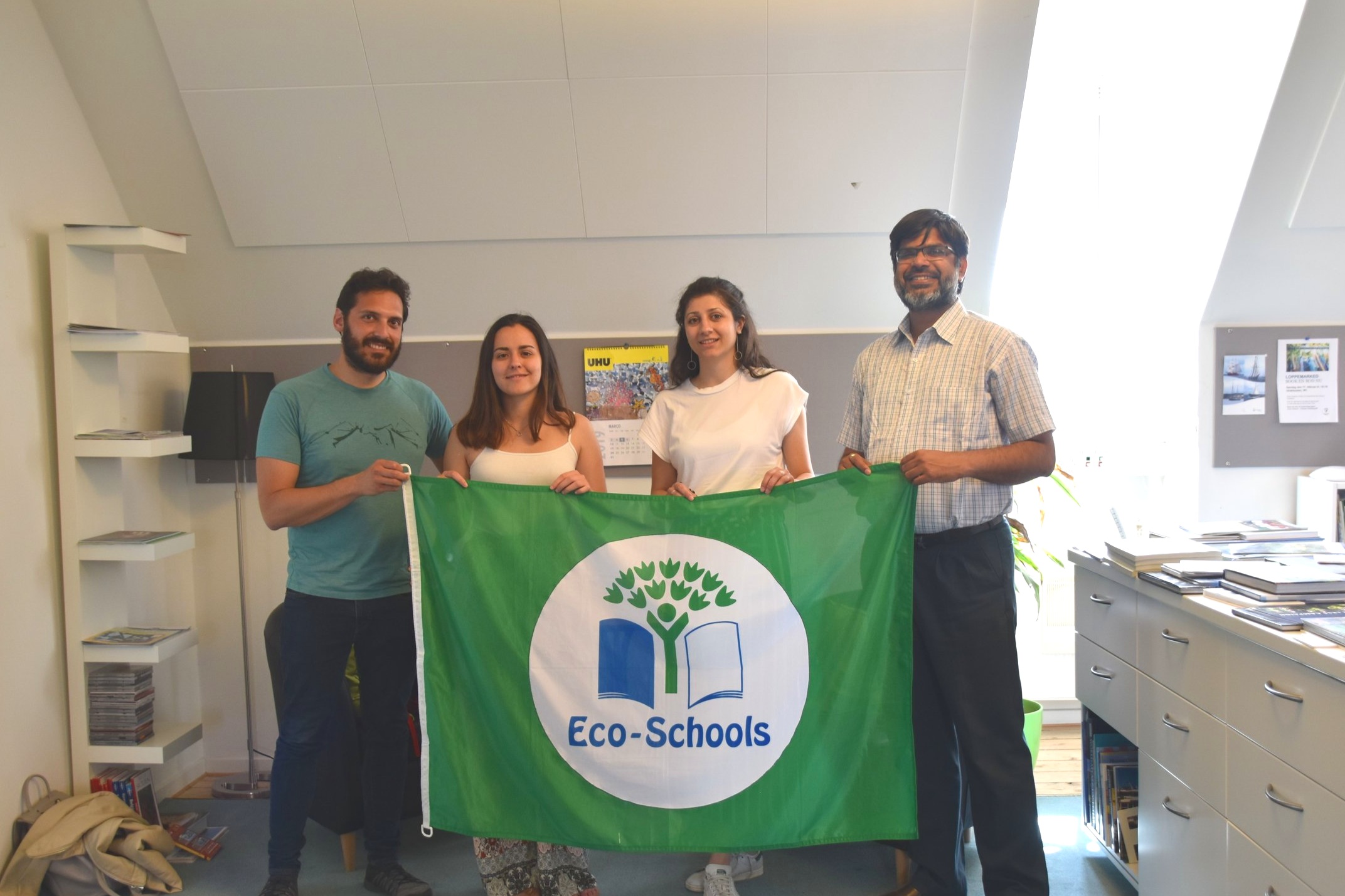By Catarina Alves and Felipe Araya (MA Leadership for Sustainability, Malmö University)
What about the leaders of the future? That was the question we had when we started thinking about our master thesis’ topic.
While studying Leadership for Sustainability in Malmö University we learnt the definition of sustainable development given by the UN in the text Our Common Future, known as well as the Brundtland Report: "Sustainable development is development that meets the needs of the present without compromising the ability of future generations to meet their own needs". That is a responsibility for every generation, current and future.
These reflections led us to the concept of Education for Sustainable Development, created by UNESCO, as a way to educate youth in sustainability, not only as a subject but also as a way of life, a way to understand the world and being respectful, empathetic and conscious. Therefore, the role of teachers came up. The most honourable, and maybe one of the most important professions.
We got to Eco-Schools through a friend, who was doing an internship in the Head Office in Copenhagen. She introduced us to the Senior Director of the programme and the International Coordinator who showed interest immediately. After some discussions, we decided to focus our research on how more connections and interactions among all the teachers engaged in Eco-Schools could support them. Beyond that, we also wanted to understand who are these souls raising awareness about sustainability, what inspires them, what keeps them strong and the connection of that with their involvement in the Eco-Schools programme.
To do that we interviewed ten Eco-Schools teachers from eight different countries and two Eco-Schools National Operators. We started with the simple question: What are your motivations for being engaged in the programme? All the interviewees gave the same two main reasons: personal and professional motivations. This showed us that Eco-Schools teachers are conscious people, people with a particular spirit, people with environmental and social awareness, worried and engaged with making the future better by taking concrete actions. It was especially interesting to find that although the teachers we interviewed did not know each other; they shared the same values, such as consciousness about environmental issues, commitment with their students and interest in building a better world. We were also able to conclude that their concerns inspired them to develop new pedagogical ways to transmit awareness and knowledge to their pupils, enhancing the efficiency of their job. "You want to take the school beyond certain levels", some of them said. Similarly, another said, "I want to teach a little bit more".
Further on we asked about the advantages and limitations of the programme, which helped us find out the barriers some of them have to face. Most mentioned lack of time, especially since most of them assumed the role of Eco-Schools coordinators in addition to their role as normal school teachers, spending their free time and weekends researching, preparing materials and guiding students to lead their Eco-Schools projects. One of them explicitly said, "(...) so you have to make arrangements to meet the students after school or on Saturdays". Some of the teachers interviewed also talked about the scarce support of some of the schools, particularly in the early stages of implementation, struggling with resources, spaces and permits to develop the projects. They mentioned the desire of giving up back in those days, but they did not since their convictions were stronger. Additionally, most interviewees brought up the lack of resources. For example, one of the teachers wanted to plant trees with students but did not have money to buy the seeds. Nevertheless, beyond the difficulties and obstacles, all of them were very grateful for the organisations running Eco-Schools for supporting and guiding them in the process. Some of the answers were "I'm happy because the programme is very good", "I can be connected to other subjects", "networking with other schools within the country and other countries" and also how being part of a network keeps their strengths to keep working or even engage new people. As one teacher said: "teachers get motivated by other teachers".
Our study also showed us that the commitment of highly motivated Eco-Schools teachers makes them go beyond their professional responsibilities: "I do research a lot on what other schools are doing, not only across the country but across the world", one of them commented. They put a lot of effort and time in finding the best resources and innovative ideas seeking for the best resources.
They are active leaders in their communities. They assume the challenging role of engaging their colleagues not only in the projects but also in the inclusion of sustainability in their subjects. As Eco-Schools intends, the whole community around the schools should be involved, including families and neighbours, which adds not only a huge responsibility to their function, but also the need to empower themselves to connect and engage them all, and give the tools to their students to lead the projects by raising "student awareness, (...) their ability to think outside the box and be agents of change".
The research we conducted was focused on sources and needs for support and collaboration for implementing Eco-Schools projects and how collaboration between Eco-Schools teachers can be a key element to increase efficiency, but also strengthen the network. With that, we tried to understand how collaboration could address the mentioned difficulties and barriers. Our findings also reaffirmed the passion found, showing us the many ways they look for support and solutions. They mentioned the school committees first, which shows that engagement within the schools is the most relevant element. Then the National Operators were the second. Although they were always present in our conversations, the teachers counted on them all the time as a source of resources and support. The third group of support is composed of other Eco-Schools teachers. We found out that after national conferences or seminars, they exchange contacts, emails, Facebook accounts and cellphones and, afterwards, they create WhatsApp groups and other connections where they exchange ideas and information. Some of them also create inter-school projects, even with Eco-Schools from other countries, which promotes the development of social values like respect, empathy and communication abilities, connecting the experience not only with science or ethics classes but also with foreign languages and human development.
Going back to the initial question: What about the leaders of the future? Leaders of the future are students of today, and education plays a big role in shaping their future behaviours. That is why the role of teachers is so important. According to academic studies, we found, teachers have more impact on student learning than the curriculum. Teacher involvement in programmes like Eco-Schools gives them the tools and motivation to risk into new projects, even if many times they challenge the traditional ways of learning. This way these projects not only aim at teaching students how to be responsible and adopt sustainable behaviours but, because they use non-formal and informal methods, they are also developing the soft skills needed by leaders of the future, namely problem solving, system thinking and tolerance. It may seem for some that studying teacher motivation, teacher involvement in projects like Eco-Schools and collaboration between teachers is too far from studying leaders of the future. We could not disagree more. We need the best teachers to provide the right knowledge, with the best methods possible.
Like Jacques Delors, former president of the European Commission, said: “teachers are there to remind us, and especially the younger generations, of everything that mankind has learnt about itself”. This research, beyond the theoretical analysis and academic purposes, inspired us by discovering amazing people working hard for making the world a better place and overcoming difficulties because of their convictions. Eco-Schools teachers and all the people that work on the programme are a source of hope for the future, and Education for Sustainable Development should be a must for every single educational programme.
